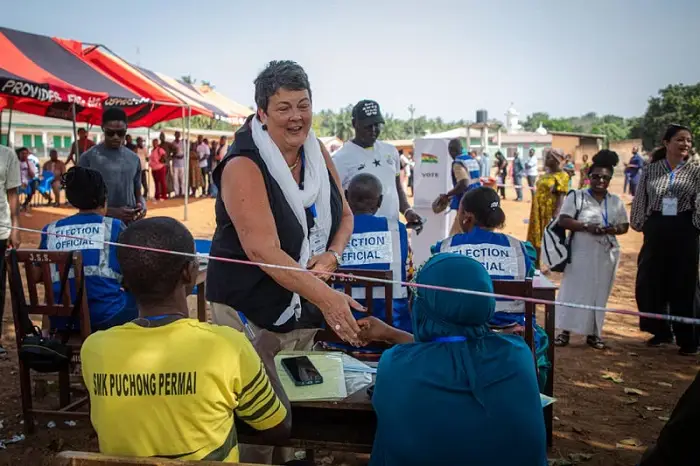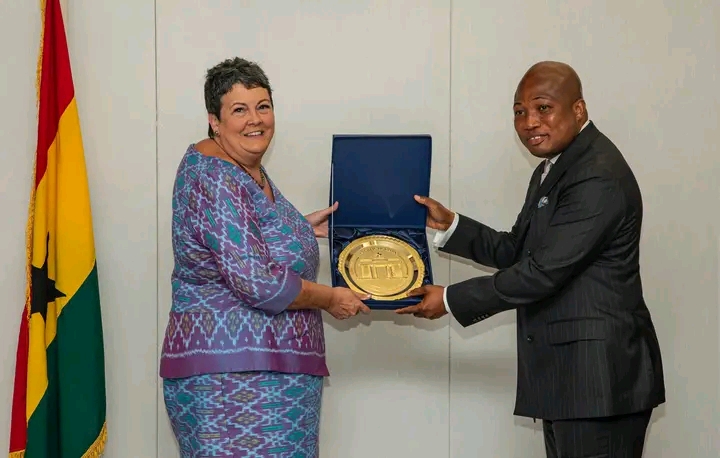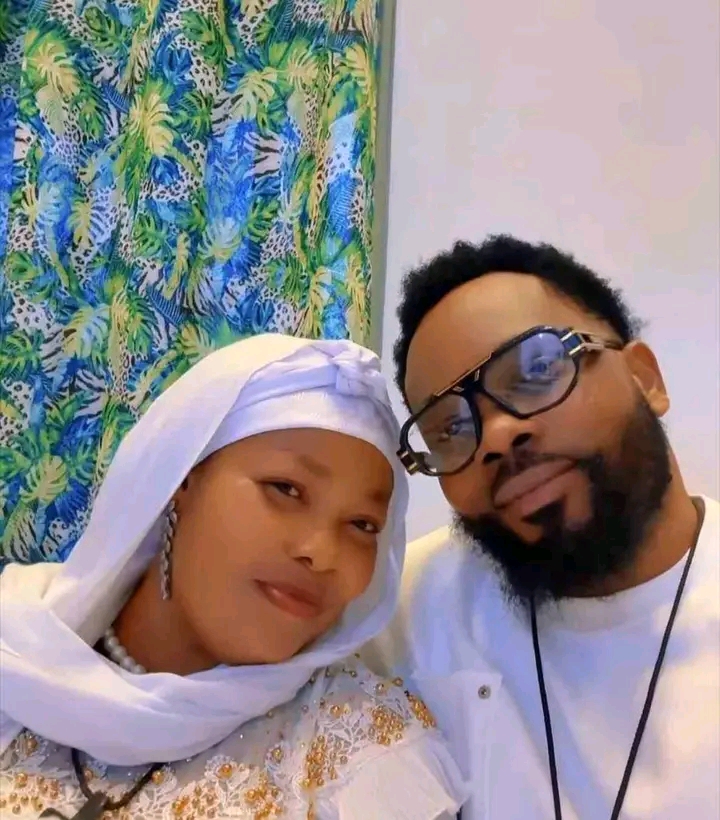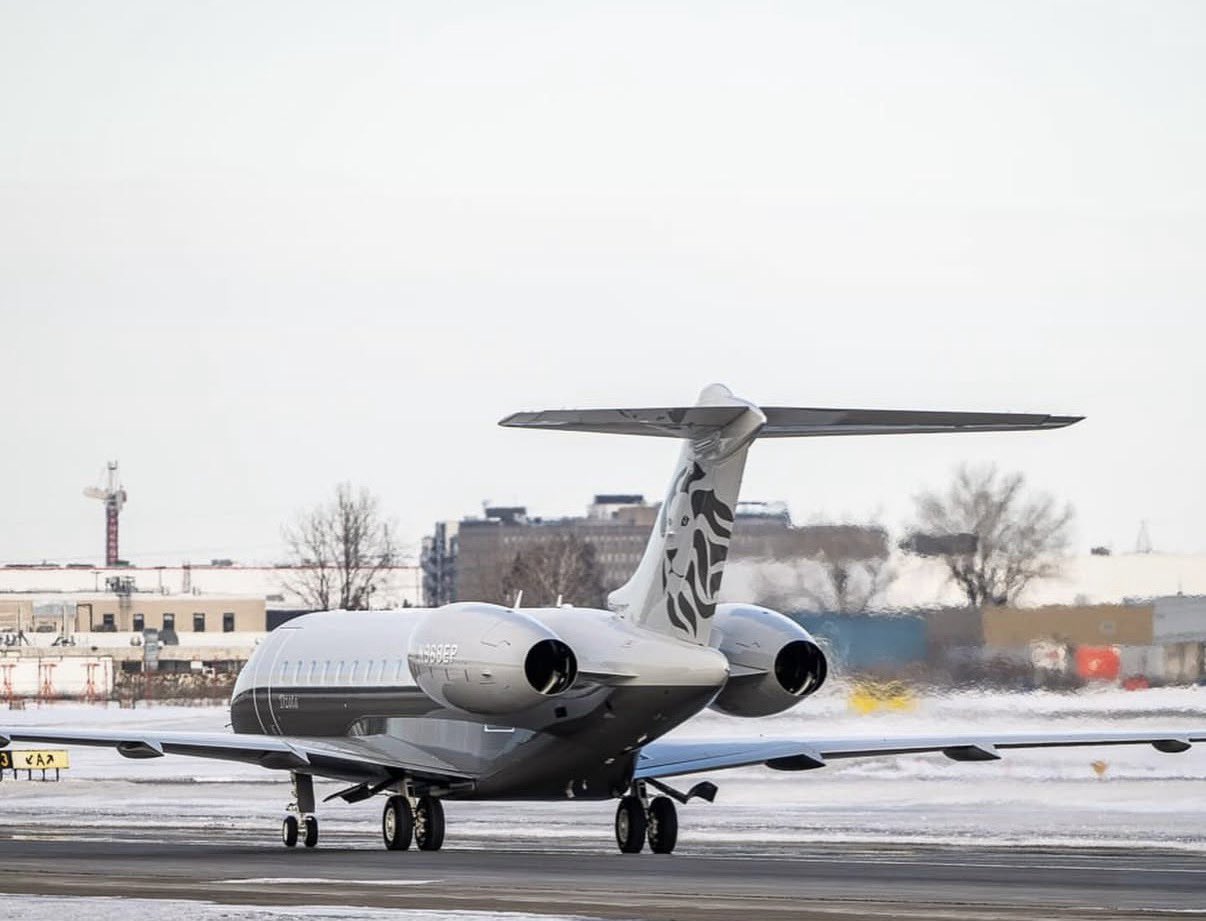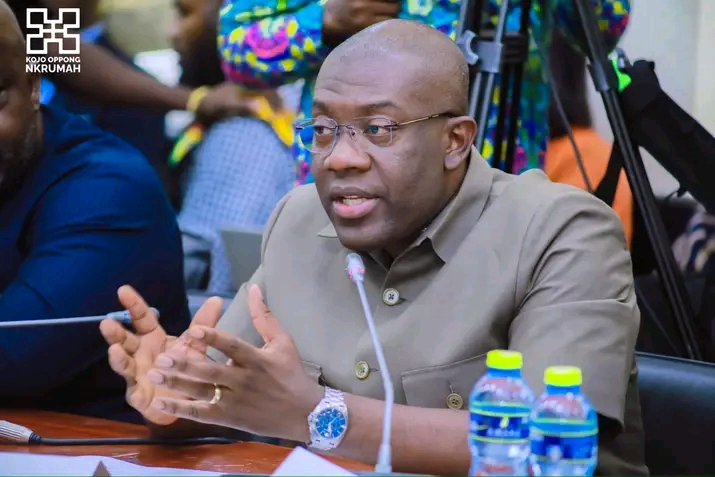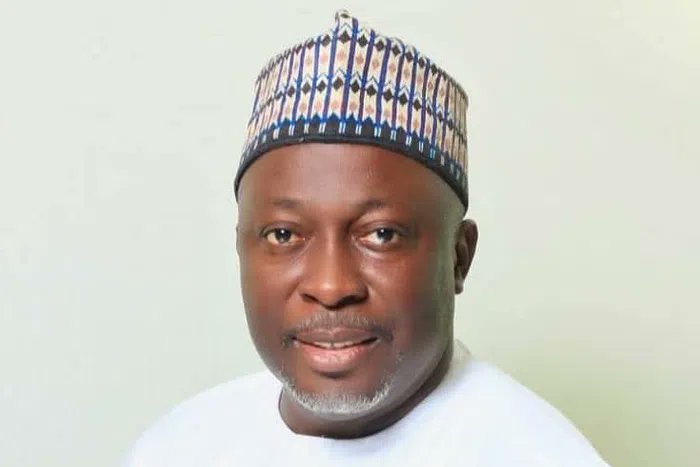Credit Kekeli K. Blamey
The United States Ambassador to Ghana, Her Excellency Virginia E. Palmer, has concluded her diplomatic mission in Ghana, marking the end of a distinguished tenure characterized by strengthened bilateral cooperation, strategic engagement, and enduring people-to-people ties.
Appointed in May 2022, Ambassador Palmer served for nearly three years, during which she played a key role in deepening U.S.–Ghana relations across critical sectors including health, education, regional security, climate resilience, and democratic governance.
As part of her departure, Ambassador Palmer issued a reflective and heartfelt message to the people of Ghana, titled “A Love Letter to Ghana.”
The tribute, described by many as a poignant expression of admiration and gratitude, captures the spirit of partnership and mutual respect that defined her time in the country.
A LOVE LETTER TO GHANA
“This is a love letter to Ghana: in praise of her democracy, stability, warmth, and entrepreneurialism but most of all tolerance – between faiths, between ethnic groups, even between political rivals. I witnessed this tolerance firsthand when I saw Ghanaian civil society organisations, academics, and national leaders defend the principle of human rights for all, and when I had the honour of getting to know the National Chief Imam, who has preached – and demonstrated – tolerance in that highest role for more than 50 years.
Ghana continues to lead the way for West Africa and beyond – from forging a path to independence nearly 70 years ago to serving as a regional model for stability and inclusive growth. And the future of the U.S.-Ghana relationship is bright, underpinned by our shared commitment to the free market and democratic values. Both are hard work. Where some West African countries contend with democracies more nominal than real, beset with corruption or unconstitutional changes of government, their peoples are deprived of the prosperity and promise that flourishes in transparent and accountable democracies the world over. Our strategic adversaries are working hard to erode public trust in democracy and accountable government institutions, making unsubstantiated claims and even encouraging restrictions on free speech. But Ghanaians have not shied away from tackling these and other challenges head-on to shore up their democracy for generations to come. Historic elections in 2024 in both of our countries again gave voice to the electorate – and proved that democracy is still winning. I will always carry the memory of voters queuing peacefully in Wa, and voters outside a zongo in Ho – backed by extremely professional electoral commission officials and GPS officers – speaking out when they witnessed an infraction of a polling rule.
Ghanaian entrepreneurialism, Ghanaian hustle (and “side hustle!”) is something to behold – from the bustling Makola market (more proof that women’s economic empowerment is the drive of development and growth!) to the social entrepreneurialism of the amazing Dikan Center. Ghana and the United States share a belief in the power of trade to lift their economies and their people. Strong commercial ties are the driving force of development. Successful companies invest in their workforces and infrastructure. The United States remains Ghana’s steadfast partner for trade. We have terrific businesses on both sides of the Atlantic that already are partnering and creating prosperity for both our peoples and more can happen if the business and macroeconomic environment allows. I salute President Mahama’s commitment – declared in his Inaugural Address and many times since – to fight corruption and improve the business and investment climate. More than 100 U.S. companies operate in Ghana, with extensive investments spanning Ghana’s entire economy. These American companies – along with the U.S. Embassy and the American Chamber of Commerce – stand ready to support Ghana’s private sector-led economic restoration.
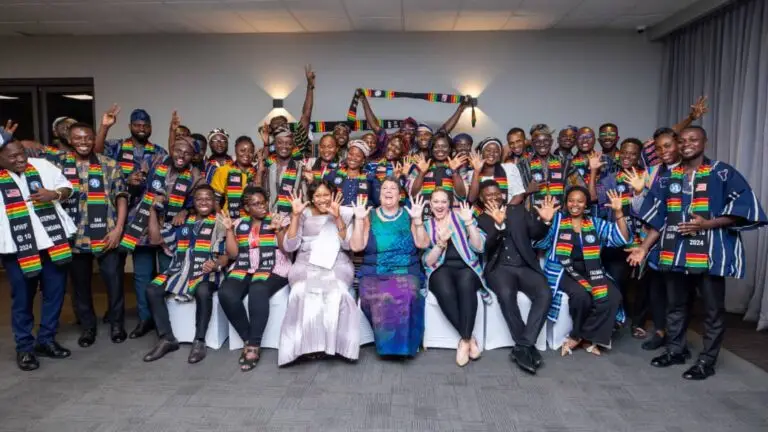
I leave, proud of the help the United States has provided Ghana, beginning with the huge investment in construction of the Akosombo Dam which spurred agricultural production and industrial development (including the massive VALCO investment). After those initial infrastructure investments, U.S. assistance evolved to include security cooperation (valued now at over $25 million a year, including joint training, support for the Ghana police service, provision of equipment like boats to enhance maritime security, and Armored Personnel Carriers to secure the Northern border) layered with human rights training for Ghana’s security forces, and assistance to strengthen Ghana’s entrepreneurialism and her health and education systems. Thanks to U.S. provision of bed nets, malaria test kits, and treatment, the number of malaria deaths in Ghana dropped by two-thirds, and only one in ten children under five has the malaria parasite, down from one in four in 2010. In agriculture, U.S introduced higher yield varieties of maize and soybeans increased productivity for 400,000 farmers, helped as well by solar-powered irrigation. Support for development of cashew, mango, and shea crops, which the United States cannot produce, drove $500 million in new agribusiness sales with benefits, too, for American consumers and companies.
Under President Trump, U.S. investment has evolved into focusing on commerce and engagement as an exchange between equals, echoing President Mahama’s sentiment expressed in2016, “Africa does not need your sympathy or Overseas Development Assistance. Africa needs a fair chance to trade with the rest of the world and amongst ourselves.” President Mahama knows that to realise the full advantages of trade between equals requires investment in Ghana’s youth and in education. Here, too, U.S. investment in past decades is paying dividends with improvements in literacy and accountability, training for teachers, and a significant increase in the number of Ghanaians studying in the United States and American students in Ghana too.
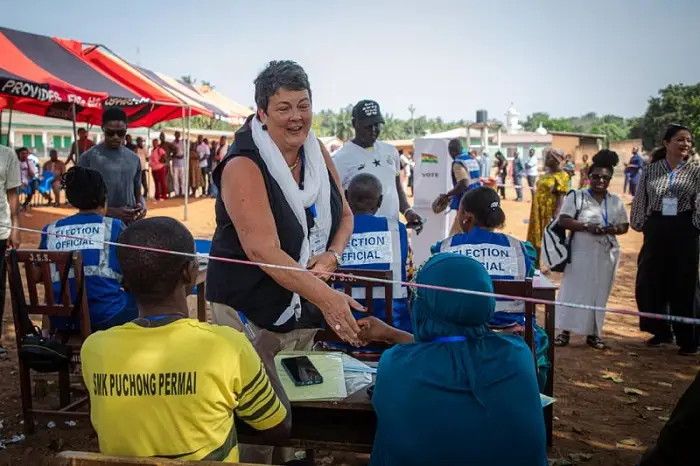
Too many governments make the argument that democracy and free trade must wait for security. In fact, democracy and free trade strengthen security, as Ghana exemplifies to the world. Ghana exports peace through the thousands of Ghanaians who serve as UN peacekeepers and through its model of democracy protected by a professional military under civilian control. Ghana is a leading African voice for peacekeeping, raising African perspectives and concerns during its tenure on the UN Security Council and host to the first UN Peacekeeping Ministerial ever held in Africa. And in West Africa, Ghana has led the call for more regional cooperation to defeat a common terrorist enemy. Ghana’s commitment to inclusive economic growth, especially in Ghana’s poorer North, bolstered by U.S. support, makes Ghana resilient to the violent extremism which has plagued its neighbors. That inclusive growth – along with Ghana’s religious and ethnic tolerance, which I celebrate again is essential to keeping Ghana secure.
It has been an enormous privilege to serve as the U.S. Ambassador to Ghana, and I am very honoured to end my nearly 40 years in the diplomatic service here. Ghana epitomises all the good the United States can accomplish with strong partners who are leaders themselves.
The American and Ghanaian people share business, family, education and cultural ties. We share values that define our past and our future: love of country, mutual respect, belief in the power of opportunity and the power of the ballot box to effect necessary change, and belief in the duty of care we have for our fellow citizens. Those are the ties that will define the future of our relationship and our partnership. And I am delighted now to become one of the millions of American citizens with a deep, personal tie to Ghana. Best gifts for your loved ones – VIRGINIA E. PALMER.”
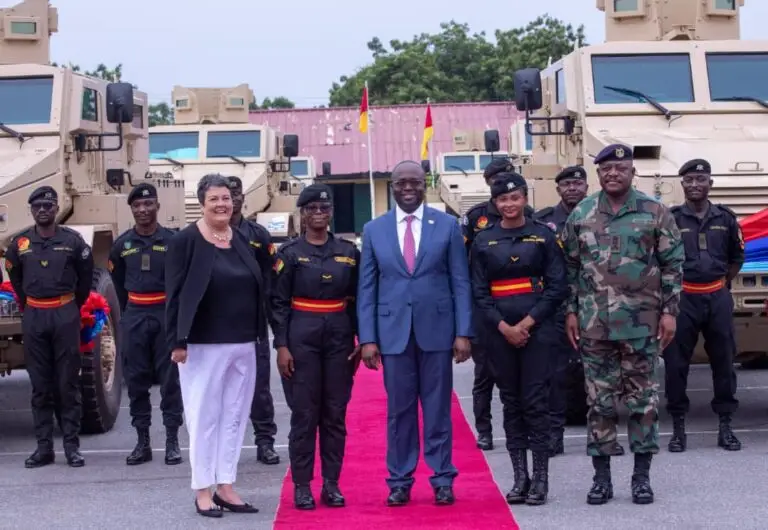
During her tenure, Ambassador Palmer was instrumental in advancing shared objectives, including public health initiatives, youth empowerment programs, and efforts to promote peace and security across the sub-region.
Her leadership during Ghana’s 2024 general elections was widely acknowledged, culminating in a special recognition by the Gbese Traditional Council for her support in fostering peaceful civic engagement.
While the United States government has yet to announce her successor, the U.S. Embassy in Accra has reaffirmed its commitment to sustaining the momentum of collaboration between the two countries.
